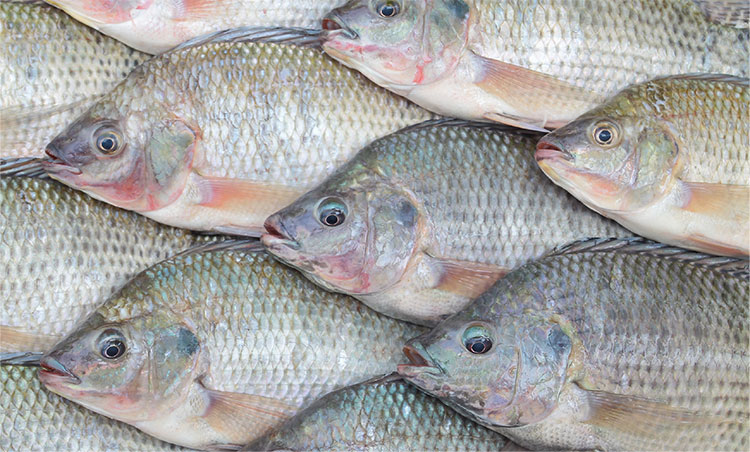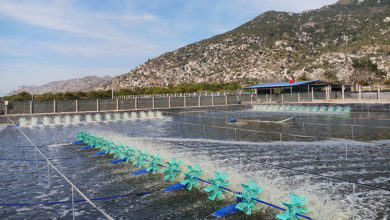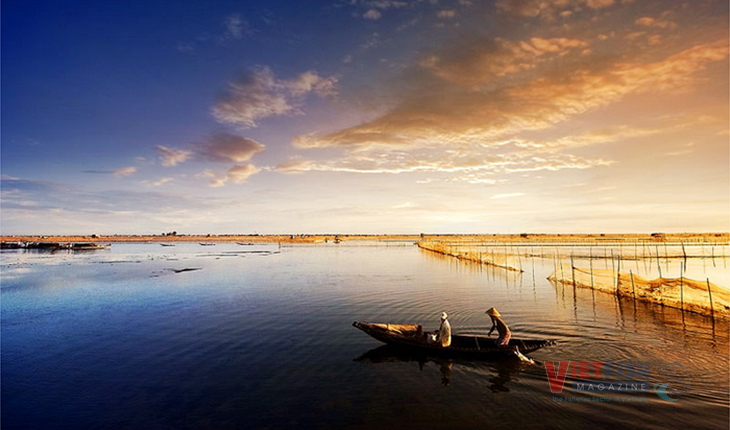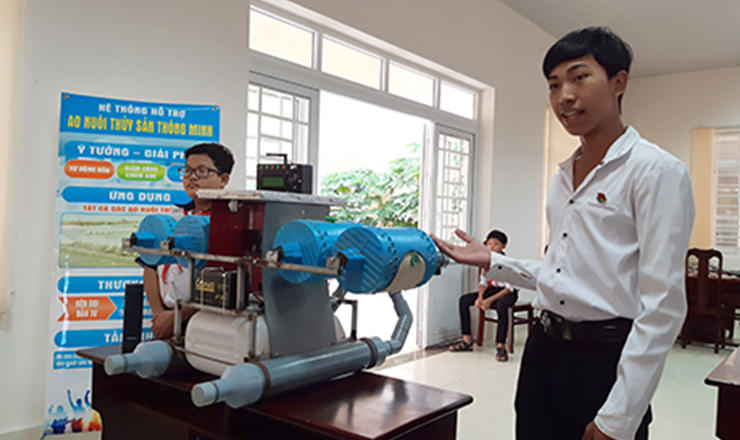Vietnam aims to reach 400,000 tons of tilapia in 2030
Vietnam’s tilapia exports reached 45 million USD in 2017, up by 32% as compared to the previous year and expect to grow in the future provided that production cost is reduced and food safety is assured.
Forecast to increase sharply
On April 04, Hòa Bình Provincial People’s Committee and Ministry of Agriculture and Rural Development (MARD) held a “Forum of technology and science appliance in tilapia production” in Hòa Bình city, reports MARD.
According to the Ministry, there are over 250 facilities involved in producing and trading tilapia in the whole country, with 50 ones stocking around one million broodstocks.
More than 1.2 billion fingerlings and 500 million fries were produced in 2018, meeting around 75% of farmed pieces in need. There are around 30,000ha of commercial tilapia and 1.2 million cubic meter of farming cages with majority in northern areas like Hải Dương, Bắc Giang, Bắc Ninh, Phú Thọ, Hòa Bình, Hà Nội and some Mekong Delta provinces.
2018 yield of tilapia reached 255,000 tons, up 1.1% as compared to the previous year.
According to National Agricultural Extension Center, in 2015 total farming area of tilapia was 21,000 ha, yield reached 150,000 tons and was exported to 60 countries in the world with export volume 36 million USD (reported by VASEP).
In 2017, Vietnamese tilapia exports was 45 million to 68 markets (mainly EU and the US), up 32% year-on-year and will grow strongly in the future once Vietnamese tilapias are produced at low cost and for food safety assurance.
Production aims 400,000 tons by 2030
At the forum, Directorate of Fisheries plan to make Vietnamese tilapia become the key farmed product that is competitive and attached to specific consumption markets.Material zones will be built in farming lakes and areas (cages are put in rivers and lakes while intensive farms are located in delta area)upon demand in processing and consumption. Tilapia products will be developed upon effective value chain and sustainability up to 2030. Farming area is expected to reach 40,000 ha, cages 1.8 million cubic meter, and yield 400,000 tons.
Moreover, Directorate of Fisheries gave solutions to technology and science development such as fry quality improvement, growth enhance, food safety, cage farming technology, biofloc, river-in-pond, disease prevention, environment supervision, and traceability.
As for production organization such as building industry and service zone upon consideration of farming area and value chain, increasing sales in the US, Canada, Middle East, Southeast Asia, Europe, maintaining and boosting domestic consumption.
VFM






